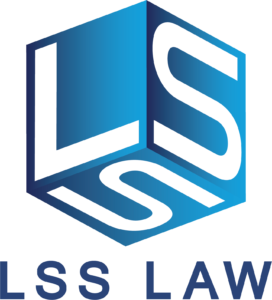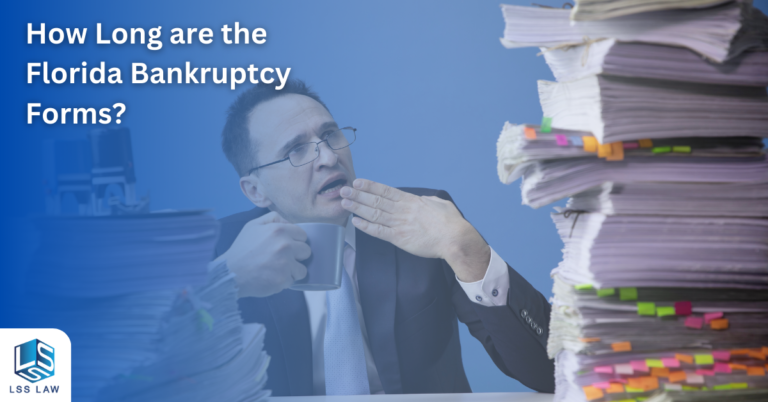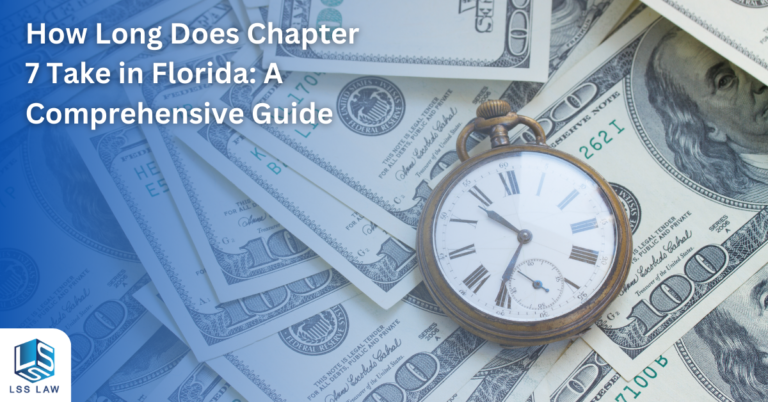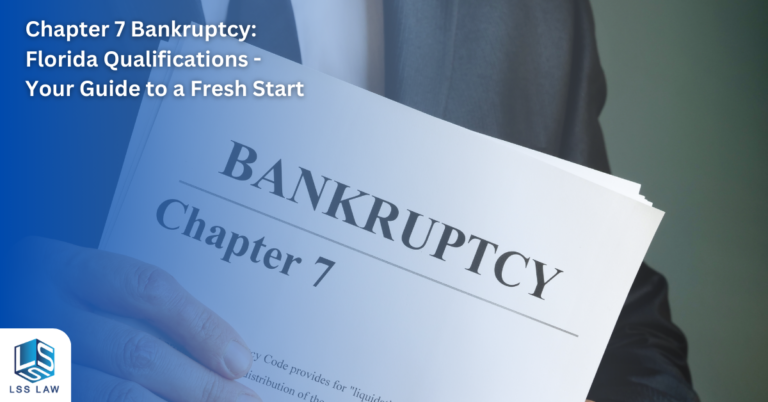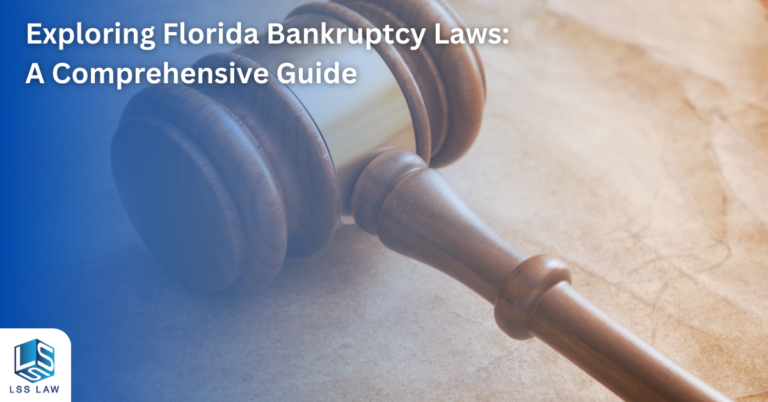It may seem like the lazy days of summer for many people, but July 1st brought a whirlwind of changes for those involved with higher education and student loans. One regulatory change that impacts federal student loans is the change of interest rates that became effective July 1, 2014.
Although the federal fiscal year does not begin until October 1st, the change being effective during the summer is due to the Department of Education’s requirement that advance notice is provided of any regulatory changes. The public must be provided time to comment on any proposed changes, including those that impact student loans.
In 2013, Congress changed the law setting forth interest rates for federal student loans. As a result, the rate is now based on the 10-year Treasury note rate as of the last auction in May. In 2014, the rate was 2.61%, which is an increase of .08 percent from 2013. Thus, new student loans disbursed on or after July will have a fixed interest rate of 2.61% for the life of the loan. It should be noted that existing fixed-rate loans (including consolidation loans) will not be impacted.
The rates for new federal loans disbursed from July 1, 2014, until June 30, 2015, will be as follows:
- Stafford loan. Direct subsidized and unsubsidized Stafford loans for undergraduate students will see the interest rate go from its current 3.86% fixed rate to a 4.66% fixed rate. A direct unsubsidized Stafford loan for graduate students will increase from a 5.41% interest rate to 6.21%.
- Direct PLUS loans. This type of loan, which is available to parents or graduate students, will have its existing 6.41% fixed interest rate increase to 7.21%.
Although an increase of 0.8% in the interest rate may seem minimal, it still results in your student loan debt accumulating at a faster pace.
If you are struggling to pay your student loan debt, let us help you. We can assist you with negotiating a repayment plan, consolidation of your student loans, or even seeking student loan forgiveness.
Please keep in mind that every matter is different. If you have questions about your student loan debt and you would like to schedule a no-cost consultation to discuss your options, please contact our office by completing the form on this website or calling us at 954-466-0541.
